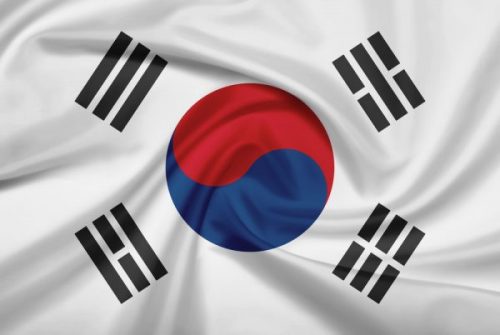
South Korea’s antitrust watchdog, the Fair Trade Commission (KFTC), has given the green light to Kakao’s acquisition of a significant stake in K-pop powerhouse SM Entertainment. However, this approval comes with a condition: Kakao must implement corrective measures to address potential competition concerns arising from the merger.
The KFTC, in its announcement on Thursday, outlined two corrective measures aimed at mitigating apprehensions regarding the consolidation of Kakao, a major IT player known for its music streaming service Melon, and SM Entertainment, one of the biggest names in the K-pop industry.
According to data from the KFTC, Kakao Entertainment’s Melon holds a commanding 43.6 percent share of the domestic music streaming platform market. Concerns were raised that Kakao could leverage its position to dominate the market by withholding music from its subsidiary labels, including SM Entertainment, from other competing platforms. Additionally, there were fears that Kakao might prioritize its own subsidiary labels over others, stifling competition in the process.
Read more: South Korea’s Antitrust Watchdog Probes K-Pop Agencies
To address these concerns, the KFTC has imposed two key corrective measures. Firstly, Kakao is prohibited from unreasonably refusing, suspending or delaying music supply to Melon’s competitors upon their request. This measure aims to ensure fair competition in the digital streaming market.
Secondly, Kakao is mandated to establish an independent oversight body comprising at least five external members. This body will monitor Kakao’s potential favoritism towards its labels, including SM Entertainment. The company must regularly submit reports on music streaming views, rankings, and Melon’s screen layout to this oversight body every six months, with these reports also being filed to the KFTC. If the oversight body detects any preferential treatment, Kakao Entertainment will be required to submit a compliance plan within 30 days.
These corrective measures are set to be in place for a period of three years. However, Kakao retains the option to seek the cancellation or modification of these measures if significant changes occur in market conditions.
Source: Korea Joongang Daily
Featured News
Uruguayan Antitrust Scrutiny Puts Major Meatpacking Deal Between Marfrig and Minerva on Hold
May 19, 2024 by
CPI
Alaska Airlines Seeks Dismissal of Consumer Lawsuit Over $1.9 Billion Hawaiian Airlines Buy
May 19, 2024 by
CPI
Idaho Attorney General Orders Split of Kootenai Health and Syringa Hospital
May 19, 2024 by
CPI
Court Rejects T-Mobile’s Appeal Bid in Antitrust Case Over Sprint Merger
May 19, 2024 by
CPI
Google Requests Judge, Not Jury, to Decide on Antitrust Case
May 19, 2024 by
CPI
Antitrust Mix by CPI
Antitrust Chronicle® – Ecosystems
May 9, 2024 by
CPI
Mapping Antitrust onto Digital Ecosystems
May 9, 2024 by
CPI
Ecosystems and Competition Law: A Law and Political Economy Approach
May 9, 2024 by
CPI
Ecosystem Theories of Harm: What is Beyond the Buzzword?
May 9, 2024 by
CPI
Open Ecosystems: Benefits, Challenges, and Implications for Antitrust
May 9, 2024 by
CPI